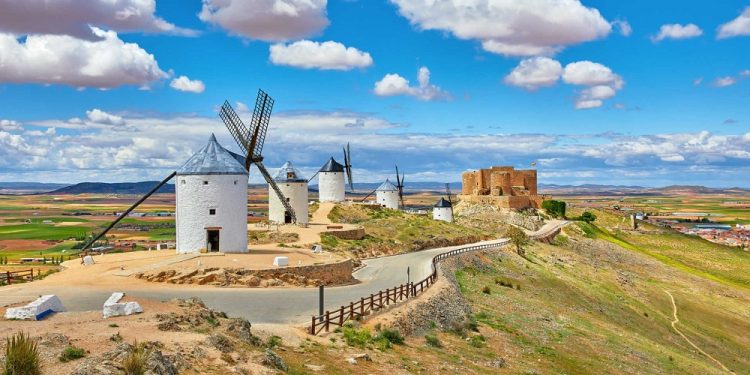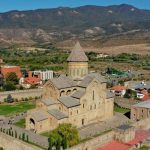
Day Of Castile-La Mancha
The Day of Castile-La Mancha is a public holiday in the autonomous community of Castile-La Mancha that’s observed annually on May 31st. This holiday celebrates the cultural heritage of the region, which is rich with the history of Iberians, Celts, Visigoths, Romans, and everyone else who has lived in the region over the past two thousand years.
Since it’s a public holiday, schools and government buildings are closed for the day, as are many businesses. It’s a holiday that has been observed since the mid-1980s and is marked with a variety of events, including the awarding of the Gold Medals of the Region and Regional Merit Badges.
The History Of The Day Of Castile-La Mancha
Castile-La Mancha began its journey towards becoming an autonomous region on November 15, 1978, when the Spanish central government defined several different autonomous regions across the country.
Its Statute of Autonomy officially took effect on August 17, 1982. On the last day of May in 1983, the first Cortes of Castile-La Mancha, elected by the citizens, was constituted. This memorable event caused May 31st to become a Regional Holiday. This holiday was first observed in 1984 and has been observed every year since.
Observing The Day Of Castile-La Mancha
As previously stated, this is a public holiday in Castile-La Mancha, so it’s a day off for the general population. It’s also a day when many organizations are closed. However, that doesn’t mean everything is closed.
It’s a busy day for food stores and many bakers across the region. It’s also a day when some public transportation operates—although on a reduced schedule for the day. If this holiday falls on a Sunday, it may be moved to a different date, which is something to keep in mind if visiting the region for this holiday.
On this day, there are plenty of activities that take place. There are local art and crafts demonstrations, communal meals, sporting events, concerts featuring both traditional and modern music, locally produced movies, plays, wine tastings, and special cultural presentations.








